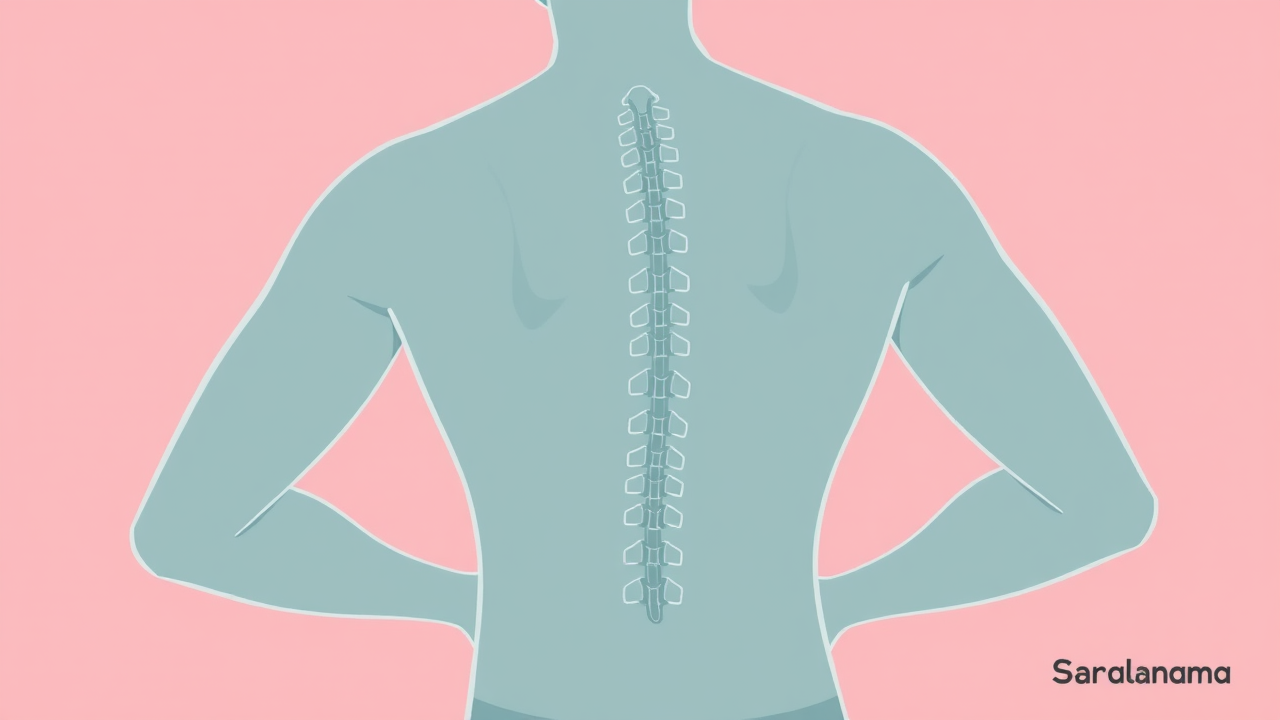Back pain is a widespread health issue, but certain everyday habits may be preventing recovery. A recent social media post by an orthopaedic surgeon highlighted four common lifestyle and dietary patterns that could slow healing, particularly for disc-related problems. These include consuming too much sugar or sweetened tea, eating fried and processed foods, following a low-protein diet, and spending excessive time resting in bed. The surgeon emphasised that back pain is not only mechanical but also metabolic, meaning what people eat can influence how quickly they heal. While inflammation from sugar and processed foods is well-documented, direct studies linking these habits specifically to delayed disc recovery remain limited. However, experts agree that reducing these habits, combined with proper movement and nutrition, can support better healing outcomes for those suffering from back pain.

How Diet and Rest Affect Disc Health
High sugar intake and processed foods trigger inflammation in the body by producing molecules like cytokines and Advanced Glycation End-products (AGEs). This inflammation can worsen back pain, especially in areas with limited blood flow such as spinal discs. A low-protein diet deprives discs of essential amino acids needed for repair, increasing the risk of pain and slowing recovery after injury or surgery. Meanwhile, excessive bed rest weakens spinal muscles, raises pressure inside discs, and reduces nutrient flow, which can accelerate degeneration. Experts recommend balancing movement with rest, maintaining a protein-rich diet, and reducing sugar and processed food intake to support disc health and recovery.
Source: Link
